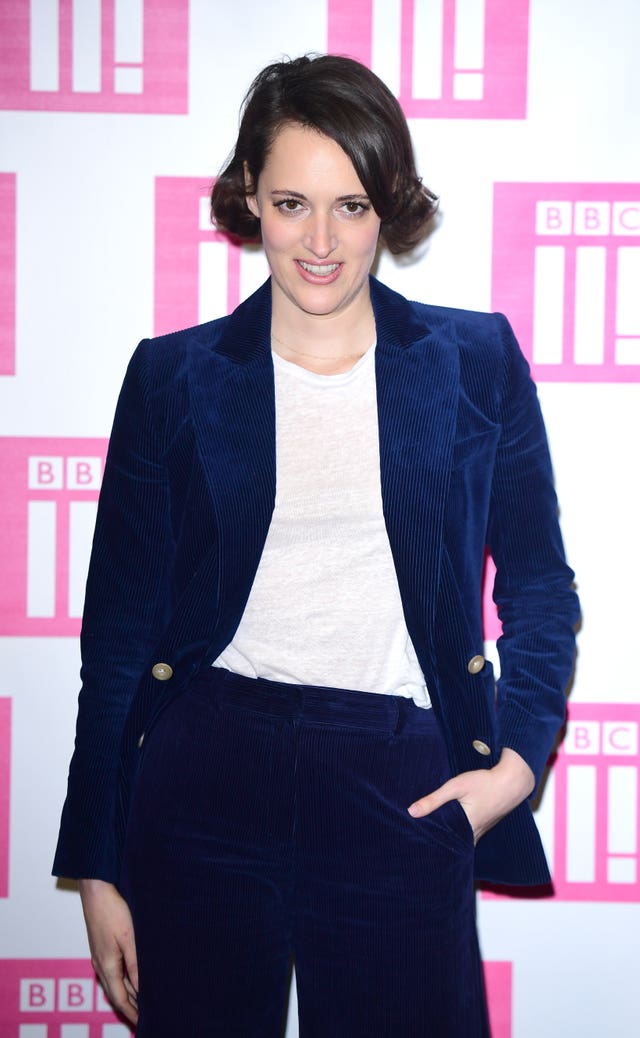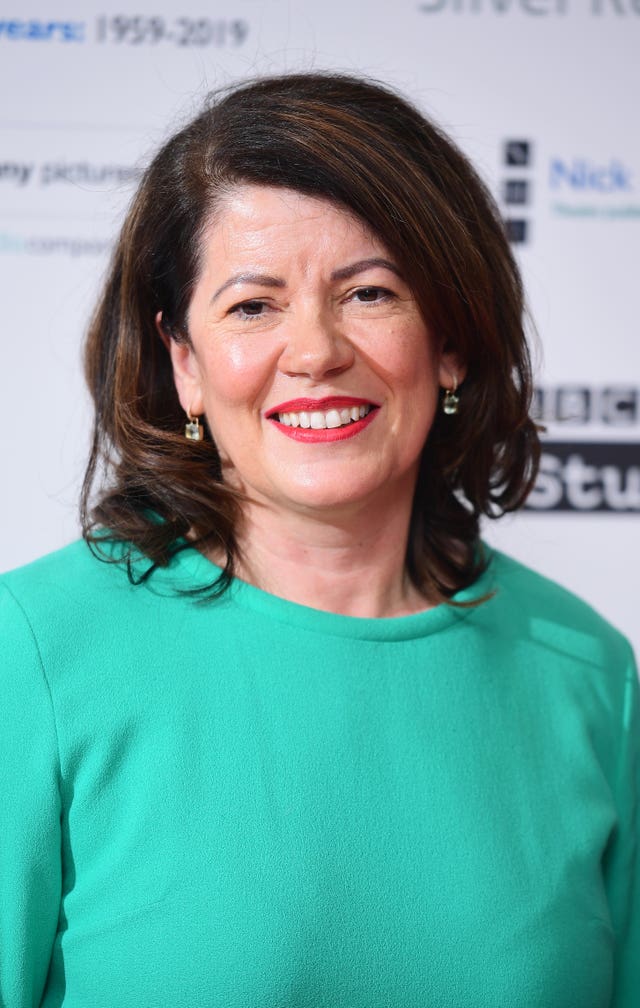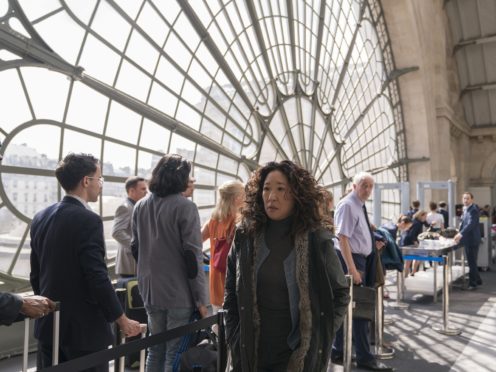Bafta has said its TV committee deemed Killing Eve eligible for this year’s awards despite its own rules stating that a programme must have premiered in the UK.
The TV drama, which leads the Bafta TV nominations with 14 nods, premiered in the US on BBC America last April before coming to the UK in September, where it aired on BBC One and on iPlayer.
The dark comedy drama series has the most nominations out of any programme this year, with nods including best drama and best actress for both leading stars Sandra Oh and Jodie Comer.
Huge congratulations to everyone nominated for the Virgin Media British Academy Television Awards and the British Academy Television Craft Awards! 👏👏📺😍 You can see the full list here 👉 https://t.co/1qsNXMcGnb #BAFTATV #BAFTACraft pic.twitter.com/h3yGkhlveY
— BAFTA (@BAFTA) March 28, 2019
Bafta’s own eligibility clause states that any programme “must have had the worldwide premiere transmission in the UK”, and that it “should have been initiated and developed in the UK; with creative control residing within the UK and/or a UK broadcaster must have the primary editorial control over the programme”.
The organisation has said that it found the programme to be permissible due to the majority of those involved in the making of the show being British, despite its US premiere.
A Bafta spokeswoman said: “Bafta’s television committee deems Killing Eve a British series.
“Killing Eve received 14 nominations, nine of which were eligible under Bafta’s criteria, and five of which were deemed eligible by the TV committee due to the significant creative contribution from key UK talent throughout the production.
“The television committee is the arbiter of all eligibility.”
Phoebe Waller-Bridge’s crime caper, starring Comer as psychopathic killer Villanelle and Oh as MI5 operative Eve, has also been nominated for supporting actor and supporting actress for the show’s Kim Bodnia and Fiona Shaw.

Bodnia plays Villanelle’s mentor Konstantin, and Shaw plays Carolyn Martens, head of the Russia section at MI6.
Waller-Bridge has also received a nod in the drama writing category for her work in adapting Luke Jennings’s Codename Villanelle novella series.
Its nominations coup was praised by Bafta chairwoman Dame Pippa Harris, who hailed the show for its “chutzpah” and the fact that it is “in memory, the highest number (of nominations) for a single show”.
She told the Press Association: “I think the two central performances, you can’t get away from the fact that Jodie and Sandra just burst on to people’s screens and we all just fell in love with them.
“But also the chutzpah of the show, the way it was directed, the way it was written, the blend of drama and high-octane thriller, with comedy, very black comedy of course, but with comedy.

“I think people watched it because they didn’t know what was going to happen next, they were going with all the twists and turns and (were) never sure where their sympathies should lie.”
Asked if she thought audiences found it refreshing to see a female protagonist being “bad”, she said: “I think that is still quite a rare thing to see on screen, we’re perfectly used to seeing men behaving badly on screen, killing people and being assassins, but it’s not something we’ve seen women do, or very rarely seen women do, and I think people like that.”
Fellow BBC drama A Very English Scandal, about politician Jeremy Thorpe’s downfall, is also high in the nominations list with 12, while the BBC’s Bodyguard has five.
Drama Patrick Melrose, which airs on Sky, has six nods, and there are four nominations each for BBC drama Mrs Wilson and BBC sitcom Mum.
The Virgin Media British Academy Television Awards take place in London on May 12.
